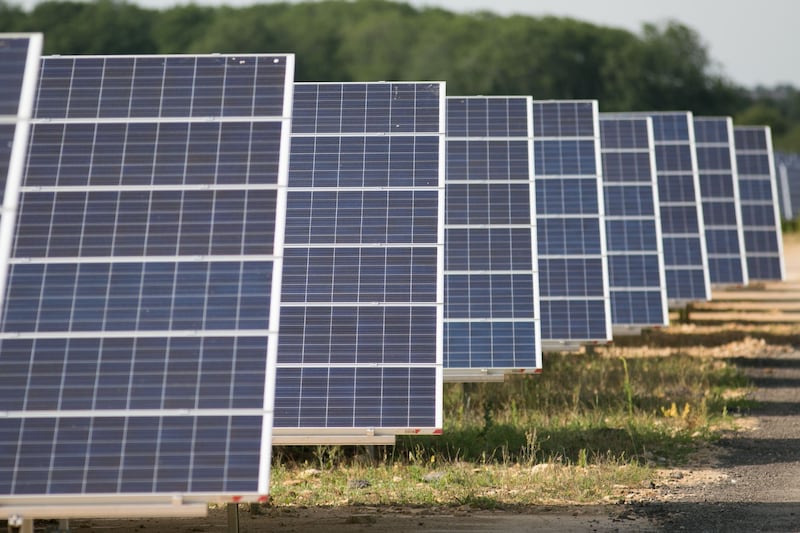THROUGHOUT the Covid-19 pandemic, we've seen renewed gratitude for so many maintaining front-line services, from those in healthcare to supermarkets, corner shops and energy suppliers, reigniting the feeling of community.
Another welcome but unintended outcome has been a sizeable reduction in global carbon emissions in recent months. At the peak of the virus outbreak, emissions in individual countries decreased by 17 per cent due to the reduction in travel, transport and changing energy patterns.
There is a danger however that big swings are short lived and often followed with rebound. This time though may be different. The authors of a recent report by the Centre for Research on Energy and Clean Air suggests that the lower emissions output of Covid-19 has “offered a glimpse of the cleaner, healthier, environment that is possible”.
In April the natural gas industry made a further ambitious step in their decarbonisation journey with the launch of the ‘Gas Goes Green’ programme by the Energy Networks Association aimed at supporting gas network operators plans to be ready for householders and businesses to switch to hydrogen ready appliances.
‘Gas Goes Green’ consolidates learning from across the industry to maximise the role of natural gas networks in delivering net carbon zero by 2050. A key aim of the programme is to transition this into a ‘business as usual’ setting, ensuring the work completed today paves the way for an effective set of decarbonisation solutions that provide a smooth transition for energy users in the future.
For householders locally connecting to the gas network, and for the 21 million homes across GB connected to the gas grid, the ambitions of the ‘Gas Goes Green’ programme provide confidence that the infrastructure that has served energy needs for the last 60 years will continue to be the energy solution of the future, without the need for considerable cost, readjustment to the way they consume energy or critically, disruption to their properties.
Whilst long term gas infrastructure credentials are attractive, an important aspect of any energy transition will be the need to fully capitalise on the measures that can be taken now to minimise carbon output. The strive for a perfect set of solutions here cannot slow down the progression of impactful, practical solutions, available today, that springboard us closer to the end goal.
Energy users switching from home heating oil to natural gas reduce their carbon emissions by around 50 per cent as a result of the introduction of a carbon cleaner fuel and the associated efficiencies of a highly efficient boiler and controls. These are impressive carbon savings given that moving to natural gas is also seen as a desirable ‘home improvement’ due to the lifestyle and convenience benefits it offers.
By the end of 2022, there will be 230,000 homes in Northern Ireland with access to the natural gas network that will continue to be heated by oil fired boilers.
This represents a sizeable opportunity for these home owners to reduce their carbon heating footprint and contribute to the 1m tonnes of Co2 that current gas users here are already taking out of the atmosphere on an annual basis.
There is no doubt that we are entering into a period of transition where things will have to change, from an energy usage perspective as well as wider society practices, if we are to realise the full net carbon zero goal.
Whilst Northern Ireland’s journey in this regard will be as challenging as other regions, we are starting in pole position to make immediate inroads through the full utilisation of natural gas networks locally.
:: Jonathan Martindale is executive director at Phoenix Natural Gas








